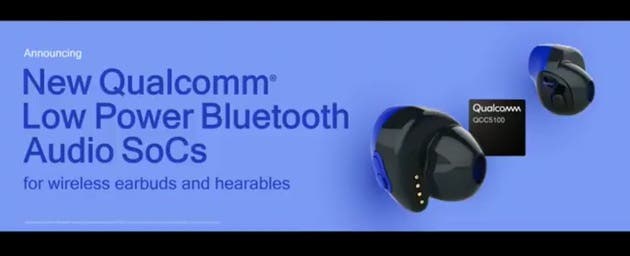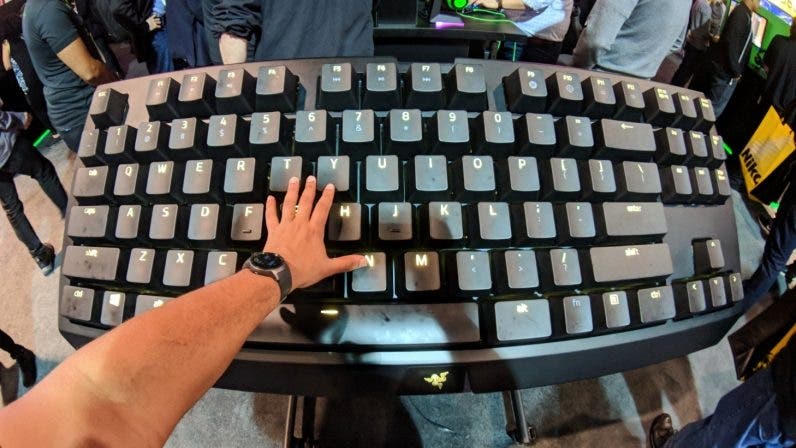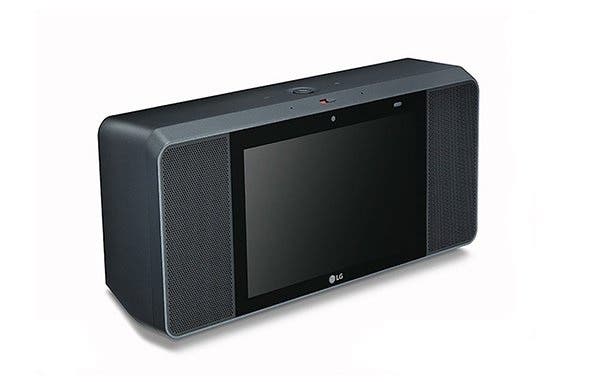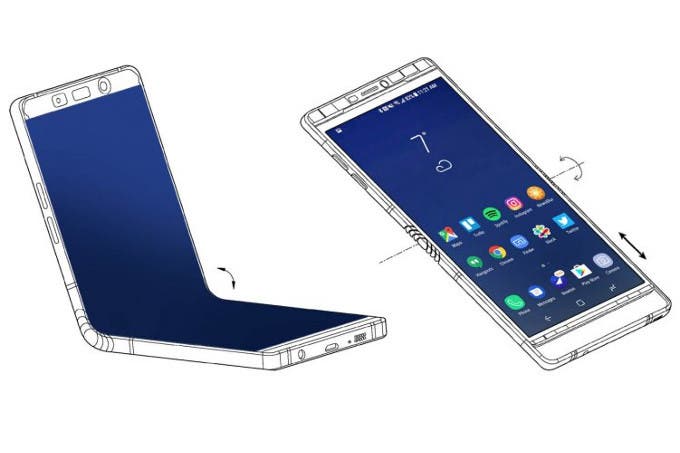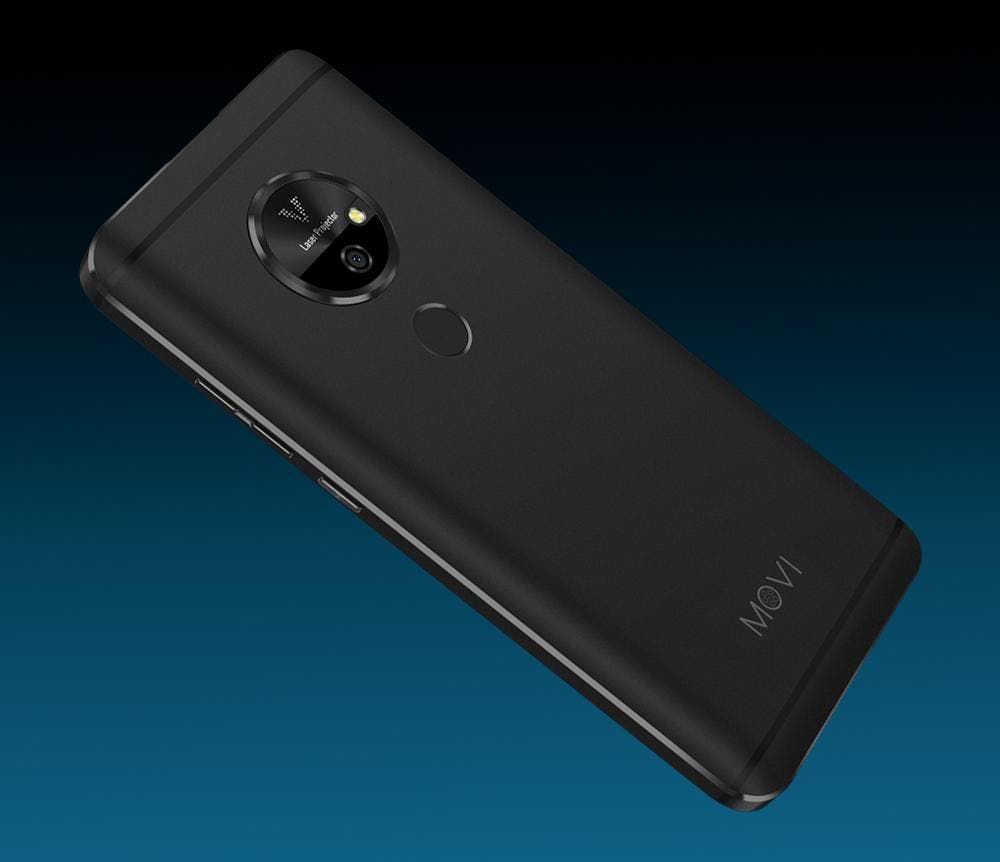If Nokia’s slogan was ‘Connecting people’ and it reflected the actual state of things back in the2000s, nowadays it should be paraphrased to ‘connecting people wirelessly’. And this status should refer not only to Nokia but all manufacturers that are trying to make our world better (at least, we hope so). Our world changes. Want it or not but all gadgets have become smarter, faster, smaller, and more powerful. They also adopted wireless technologies. Say, many top-notch smartphones already offer wireless charging. This technology has not gone common yet, but believe in us, everything will change soon. As for another wireless activity, the Bluetooth headsets are becoming more and more popular. But there is a real problem – short battery life. Seems this problem will be solved in the nearest future and we’ll see more wireless headsets as Qualcomm has released a special chip for this purpose. The Qualcomm QCC5100 was announced today at CES 2018.
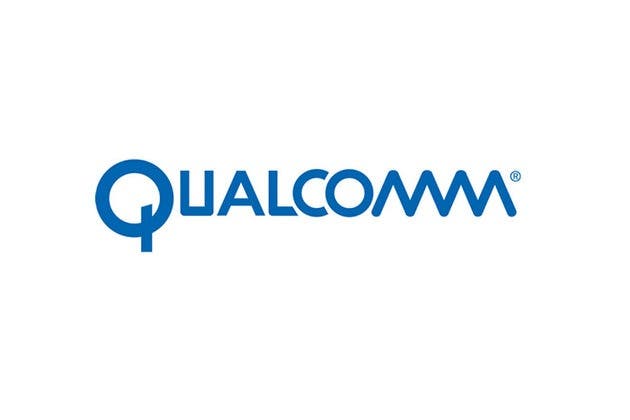
As the chip maker claims, the Qualcomm QCC5100 is a low-power Bluetooth chip that can reduce energy consumption by 65%. Therefore, the headset’s battery life will be tripled. It also supports Bluetooth 5.0 protocol, which simply means it can be used for upcoming models supporting the latest version of Bluetooth. At last, the processing power has been doubled in comparison to the previous generation chips. Thus this chip is able to provide a better active noise reduction effect.
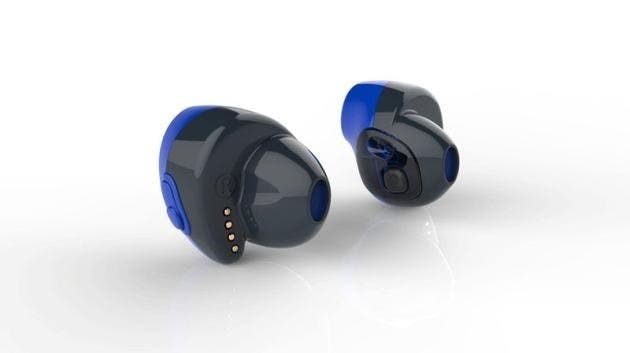
With the launch of the Qualcomm QCC5100, the manufacturer can change the smartphone makers’ cards. As you know, in past two years some of them have been canceling 3.5mm audio jacks on their smartphones. But the most customers didn’t accept this approach. And continue using their ‘old’ headphones connecting to the phones via the USB Type-C interface that is placed there for quite other purposes (faster data transfer and charging). S if the Qualcomm QCC5100 performs well, most likely the same smartphone companies will turn back to no-headphone-jack design.

